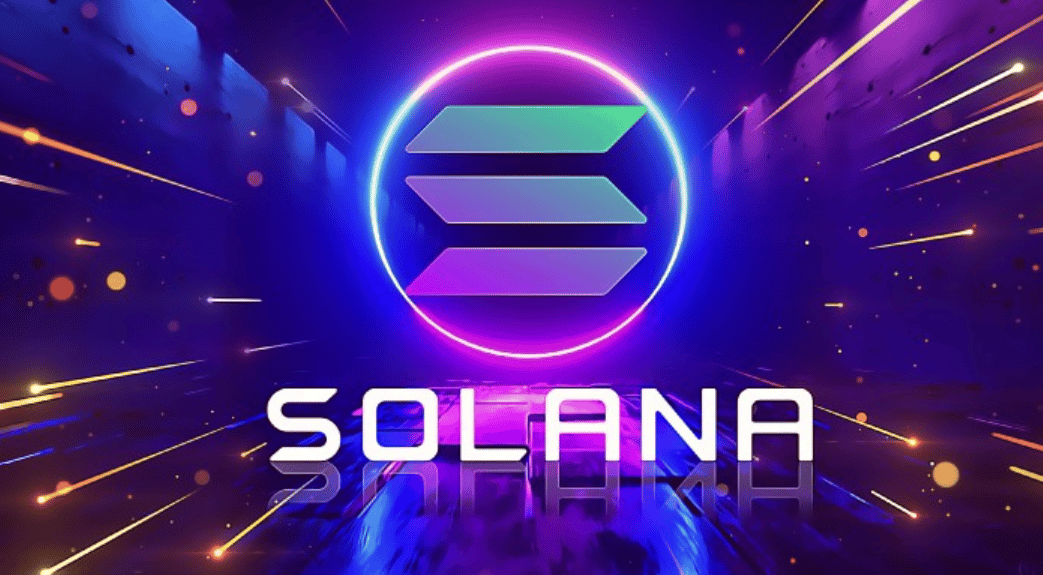
Solana to Inject $100 Million into South Korean Crypto Space
Solana is set to inject $100 million into South Korean Web3 startups. This was indicated in a tweet by Blockworks.
Despite the looming volatility in the crypto market these last few months, users have remained defiantly positive. More significantly, however, investors are keen on finding bright spots to make their money count. Solana happens to be making the latest waves in the money league.
Solana Ventures and Solana Foundation have arranged a $100 million investment and grant fund to facilitate capital for Web3 startups in South Korea. Johnny Lee is General Manager of Games at Solana Labs, and he clarifies that the fund will prioritize DeFi, GameFi, NFTs, and gaming studios in the country.
The Solana community treasury is providing capital for the fund. The other main source is Solana Ventures’ capital pool.
Since crypto investments are typically met with skepticism, Lee tells us that a “big portion” of South Korea’s gaming industry is embracing Web3, creating a potentially large market for everyone.
Solana’s strategy is to be flexible and involved in projects of various sizes, and teams of different sizes such that some of the investments will be venture-sized checks.
Gaming and NFTs provide for a larger percentage of Solana activity in South Korea. It’s obvious, therefore, why those sectors play well into the Web3 blueprint.
Gameplay Refined
Once again, the critics have made their voices heard. Play-to-earn gaming such as Axios Infinity seems to exist only for users to earn money, and not really for the utility of the gaming process. As a result, multiple gaming studios have worked hard on improving gameplay over the past half-year in a bid to accommodate non-crypto-native gamers.
Lee and his employer believe there’ll be more time-worthy and fun games available on the Solana blockchain in H2 2022. It is hoped that these games will win over hardline critics and at least alter the perception that crypto games are primarily play-to-earn.
Will these games have as much adoption as free-to-play games on mobile devices? Lee harbors the overarching feeling that they will despite push-back from developers and gamers on Web3. But, Web3 has seen tremendous growth, and the timelines have tapered significantly.
Adoption of free-to-play games took around eight years, and Lee believes 4 years is a great number if Web3 achieves that.
Helping the Fallen
The Solana South Korea project is also aimed at keeping ex-Terra devs afloat following Terra’s demise. So, besides supporting projects built on SOL, the fund will go towards some Terra-based projects after the ecosystem hit the rocks last month.
The Solana Foundation is of the opinion that those Terra developers should not be held liable for the misfortunes on the blockchain network. In a Bloomberg interview, Mr. Lee said the developers are left in a lurch even though they did “nothing really wrong.”
Solana wants to be the preferred destination blockchain for gaming. Last November, it launched a prior $100 million gaming fund with Lightspeed Ventures and FTX, a crypto exchange. It also has a $150 million fund with Forte and Griffin Gaming Partners, two firms with significant interests in blockchain gaming.
National Goals
South Korea is priming its population for the future and could well become a nirvana of NFT and Metaverse development within the decade. The government has pledged $187 million in support of building the country’s metaverse ecosystem.
The Korean metaverse’s main target will be growing digital content and digital corporations within its borders.
Corporate Goals
The Solana Foundation is looking to leverage a strong interest in decentralized finance (DeFi) and gaming finance (GameFi) across companies who are eagerly beginning to request a share of the grant money.
Teams are already going neck and neck to build the best platforms and a few from South Korea have begun offering access to decentralized finance or NFTs. These include Upbit exchange and Klaytn layer-1 blockchain.
Conclusion
Funding ecosystem growth may help Solana address epileptic network instability that has crippled networks since 2021.
SOL has only dipped 0.5 percent in the last 24 hours trading at $39.05, according to CoinGecko.






